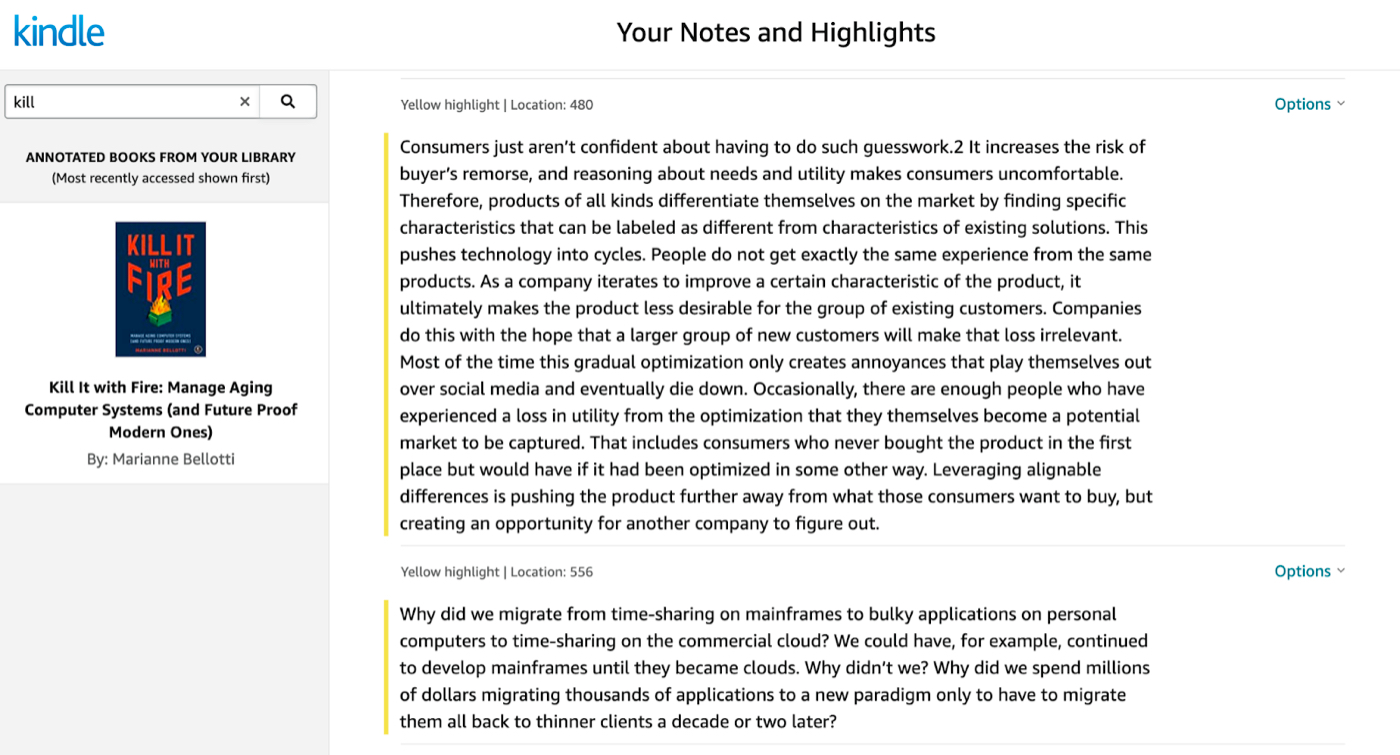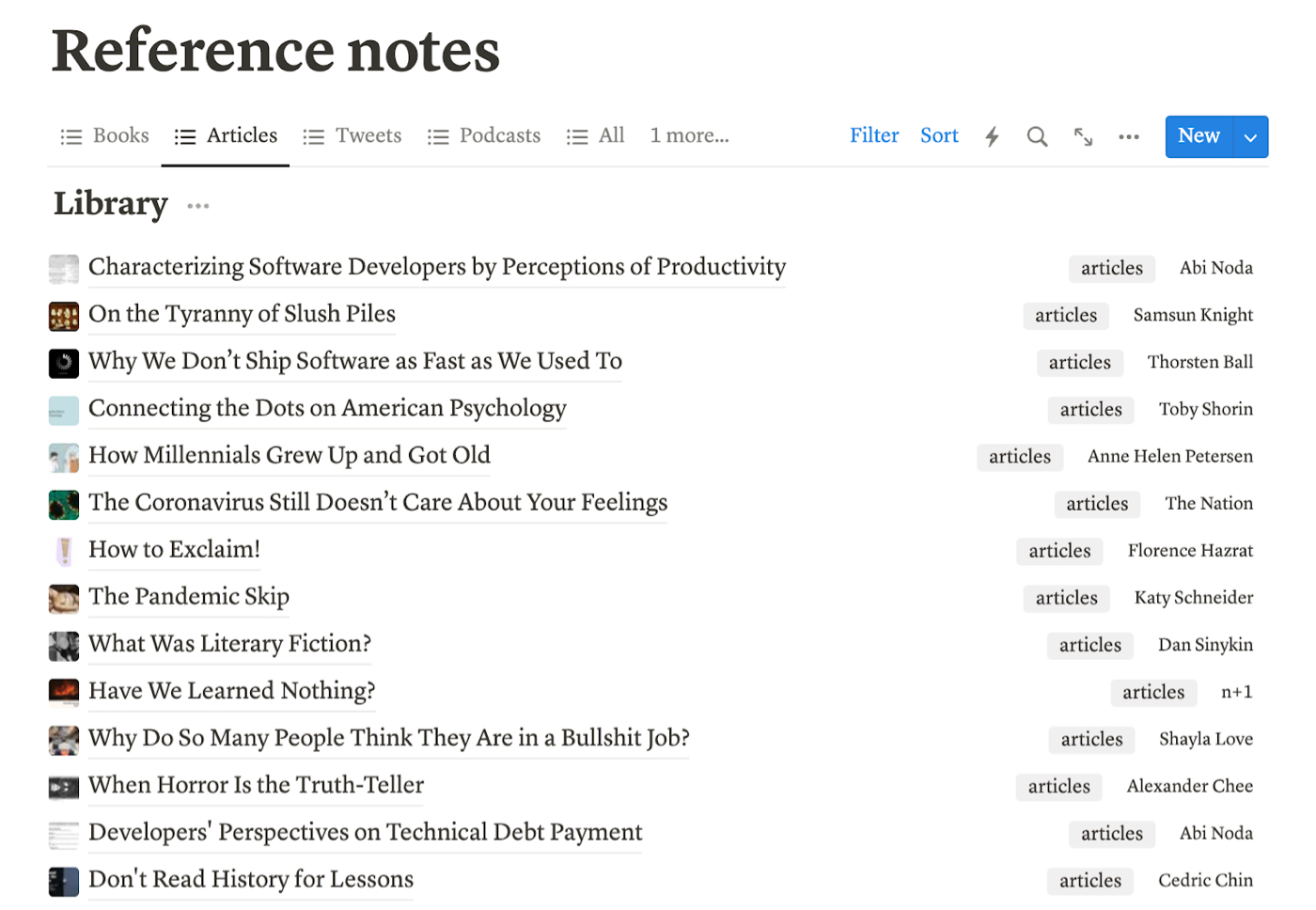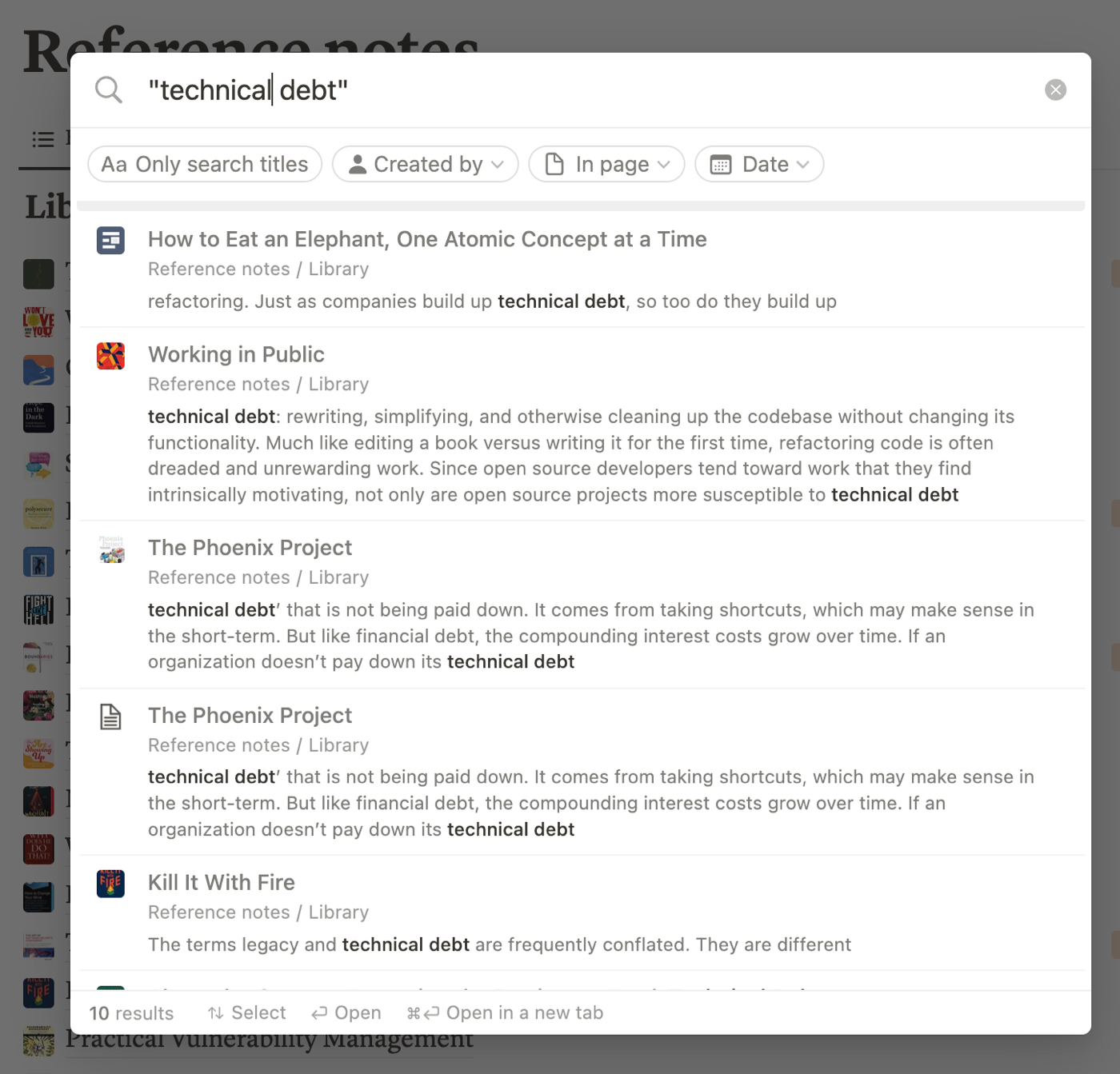
Sponsored By: LiveFlow
This essay is brought to you by LiveFlow, North America’s #1 Financial Analysis Software.
Planning your 2024 Budget but don’t know where to start? LiveFlow has already made the financial models and templates. Budget vs Actuals by Department, 13-week Cash Flow Forecasting, Consolidation… All you have to do is plug and play. Just connect your QuickBooks Online to their models and it’ll be fully set up in minutes. Say goodbye to manually entering financial data. Say hi to automatic updates of your custom models and fully streamlined financial management. Get 20% off for 3 months with promo code EVERY.
LiveFlow, the ideal choice for automation and efficiency. #1 Easiest to use software for Financial Planning & Analysis by G2.
I’m building a business for people who profess to hate me and everything I stand for—expert developers who know more about their work than I ever will.
I’m a content marketer, and like many others in my line of work, I don’t know a line of code. Unfortunately, for much of my audience, content marketers are little more than wolves in sheep’s clothing. I write for expert developers who routinely react to my field’s work with comments like:
- “Anything connected to ads or marketing triggers a visceral response of disgust in me.”
- “There’s no form of marketing I ‘like’ or actively reward, at most there’s marketing I fall for.”
- “Developers are logical and practical thinkers and despise sociopathic behavior. Developers have a very strong resistance to this sort of manipulation.”
This distrust of content marketing has stretched far beyond developers. We live in an era defined by the death of one form of expertise—that of writers and publishers, establishing the norms—and the rise of a new one—that of experts speaking directly to their audiences. This latter category of “intruder” expands beyond the interloping marketer to legacy media—including journalists and writers who aren’t seen as having practical, on-the-ground experience.
To get around this, many writers aim for beginners in their target audience. But content marketing for beginners is rarely worth the effort—especially for businesses pursuing product-led growth, a strategy that requires appealing to practitioner-level experts, such as developers.
Additionally, broad-appeal beginner content, said Rand Fishkin, co-founder of audience research company Sparktoro, appeals to groups that are “high consumption” but “low amplification.” Higher-level content appeals to smaller groups that consume less content overall but have much more amplification potential. “The amplifiers can usually help you reach the beginners,” said Fishkin. “The beginners usually can’t help you reach the amplifiers.”
That’s why you should be writing for experts. It’s harder to create content that appeals to them. But when you do, you can leverage their power, reach the beginners, and borrow their credibility along the way. Here’s how to do it.
Picture this: Effortless financial reporting without lifting a finger. LiveFlow is a game-changing platform that automates reporting, saving you over 5 weeks per year of manual work.
With a library of hundreds of financial models, all you have to do is plug and play. LiveFlow will connect to your QuickBooks to update your custom models in Google Sheets.
Join the ranks of those harnessing the power of LiveFlow to get weeks of your time back. Want to level up your finance management? Explore more now with LiveFlow. Get 20% off for 3 months with promo code EVERY.
Embrace and reinforce humility
Today, writers have to prove and re-prove their credibility in and across every piece. The biggest mistake you can make is overcompensating for this new deficit with overconfidence. Experts—skilled practitioners in the field you’re writing about—can see right through it.
“Experts can see more gradients of expertise than novices can,” explains business publication Commoncog’s Cedric Chin. Chin uses tennis to illustrate his point: for a beginner, a pro-level tennis game is merely a spectacle. For an expert, all sorts of moves, strategies, and implications can become visible. If a beginner proclaims, “Ah, a classic moonball,” the expert will be distrustful, not impressed.
In response, many writers ask practitioners to write the content or pepper whatever practitioners they can find with questions. However, this adds another degree of complexity—content marketers and journalists need to know which experts to pick. For example, in software development, a Python programmer will know little about C++ programming, a frontend developer will know little about backend development, and a programmer at a small startup will know little about programming for enterprise-scale applications.
That’s where humility comes in. In content marketing, you will often have to interview your company’s founders and compare their ideas against what practitioners inside and outside the company think. Similarly, in journalism, you might have to interview many more people than you’ll quote.
For example, in an article about a backlash to software vendors charging exorbitant fees for baseline security features, I expected to find a consensus among developers. But when I spoke to them, I found that several felt these fees were justified—far more than I had assumed. Their contributions helped add nuance and credibility to the final article.
Humility has to be central in the final product, too. Give the best objection its due. Look for red flags that might trigger skepticism (in developer marketing, a red flag can be as simple as explaining concepts a developer would already know).
Credibility is built block by block, claim by claim, and article by article. Experts can help, but the work of building expertise falls to the writer.
Divide, collaborate, and conquer
Often, writing—or typing, really—is the last thing I think about. That’s not because it’s not important but because it’s not central.
When I write, I try to tap into a spectrum of different skills and roles, and integrate other people’s skills and roles whenever necessary. Some of my best writing has actually come from ceding the writer-as-author perspective and diving into the gray zones that exist between editing and co-writing, or interviewing and ghostwriting.
For example, a compelling type of article in my field is the developer story—an article that walks readers through the process of building a feature (or another discrete unit of work).
I’ve worked on many developer stories, and each process is bespoke. Some developers already blog and only need some copyediting and narrative framing from me. Others are uncomfortable writing or struggle to know what to include or what to explain. Some developers benefit from me interviewing them and ghostwriting their pieces, while others benefit from dumping their thoughts on the page so I can rewrite them into a narrative, and we can revise the results back and forth.
Here, much of the responsibility shifts from writers to editorial leaders and strategists. Newsletter writers and bloggers naturally deepen their credibility over time, but larger operations require leaders who can see the forest from the trees, properly identify who should write what, and determine the type of expert collaboration each piece needs.
Build a research machine
It’s tempting for many writers to slip into a workflow that’s driven by output and not input.
An assignment comes in, research is done, and a draft comes out. But to successfully write to experts, especially if you want to do so efficiently and sustainably over time, writers need to become researchers first and writers second. Successful writers are researchers who write on the side.
To make this possible, I recommend thinking of your research work as a machine—a series of processes that takes upfront investment to build, but less work to run over time. Mine currently comprises three components: ongoing readings, interviews, and ad hoc search.
Ongoing readings are the throughline that flows through all of my articles. I’m always reading a new book and at least one new technical article every day. I keep these readings narrow to my niche but broad within that niche.
For example, Kill It With Fire by Marianne Bellotti is a book “about” legacy computer systems. But Bellotti’s analysis is informed by so much expertise that in making a point about, say, migrating from one system to another, she also makes a point about precedential technology cycles—a point that I can use to make other arguments across different topics.
All this reading needs a destination. You’ll find useful ideas in the personal knowledge management space—from people like Tiago Forte and methodologies like the Zettelkasten—but much of this work focuses on learning and memorization. For writers who are often writing about more topics than they can internalize or skills they can put into practice, I find it best to emphasize capturing as much potentially useful information as possible, and using search and tagging features to find what you need when you need it.
As a writer, your goal isn’t to become an expert, but rather to report on or write to them. Hence, your knowledge base is better built around citation instead of internalization. You don’t need to memorize; you need to link.
I do all my reading in Readwise Reader or Kindle and use Readwise to funnel my highlights and notes into Notion. When I start research for an article, I brainstorm some broad keywords and turn to my Notion knowledge base first. Before I even start drafting, I have stronger, more relevant research than I could ever get from a generic Google search.
Another tactic is to keep up regular and periodic interviews with experts in your field. A lot of expertise, as Chin has repeatedly emphasized, is tacit. Even when there are articles and books about a topic, interviews help provide leads, insights, feelings, and thought processes that are not always well-documented.
And while I tend to be critical of the way so many writers over-rely on Google, search is still essential. Broad Google searches can provide context and leads, and narrow Google searches can find sources you wouldn’t otherwise know of. But if you exclusively rely on Google, you implicitly rely on SEO marketers who are themselves not experts.
Take the chance to dive deep below the first page of results. Google is still a pretty miraculous discovery engine, but the gold often isn’t well optimized. As you find good sources, keep track of them and refer to them early in the research process. For example, I now have a list of three dozen blogs categorized by type of expert and topic covered, each with a custom Google search.
The more you research, the better your machine becomes. Every time you take the effort to trace an idea, you’ll find experts along the way that you can add and reference in the future.
No research machine will look the same—across any given writer or niche—but that’s what makes building them so worthwhile.
Credibility is scarce, and criticism is abundant
A few weeks ago, Elon Musk tweeted that “legacy media propaganda” is “a waste of time.” Instead, he says he gets his news from Twitter/X because the site is “much more immediate” and “has actual world-class subject matter experts.”
The idea is laughable, especially given the preponderance of blue check-driven misinformation. Still, it’s dangerous to laugh off the entire concept.
The world of expertise has flipped. Before the internet and social media, expertise was functionally scarce. Now, it’s readily abundant, and it really is possible to read an expert credibly criticizing a New York Times article on Twitter.
Writers can no longer depend on default credibility. Quoting a couple of experts and linking a few studies isn’t enough to change that. Instead, writers have to treat credibility as scarce and precious, criticism as abundant and powerful, and expertise as abundant but difficult to build, assemble, and maintain.
Nick Moore is a freelance writer specializing in writing content marketing and technical essays for software developers and technical leaders. You can find him on LinkedIn. All screenshots are courtesy of the author.
The Only Subscription
You Need to
Stay at the
Edge of AI
The essential toolkit for those shaping the future
"This might be the best value you
can get from an AI subscription."
- Jay S.
Join 100,000+ leaders, builders, and innovators

Email address
Already have an account? Sign in
What is included in a subscription?
Daily insights from AI pioneers + early access to powerful AI tools









Comments
Don't have an account? Sign up!
Amazing article Nick Moore! I'm currently in the middle of launching a startup for devs and this is illuminating, you just answered a concern I had when knowing how to message them and write content for them. But it is also a great tip for writing about topics you don't understand very well.
Loved the main ideas, especially the "machine" you use to create your pieces.